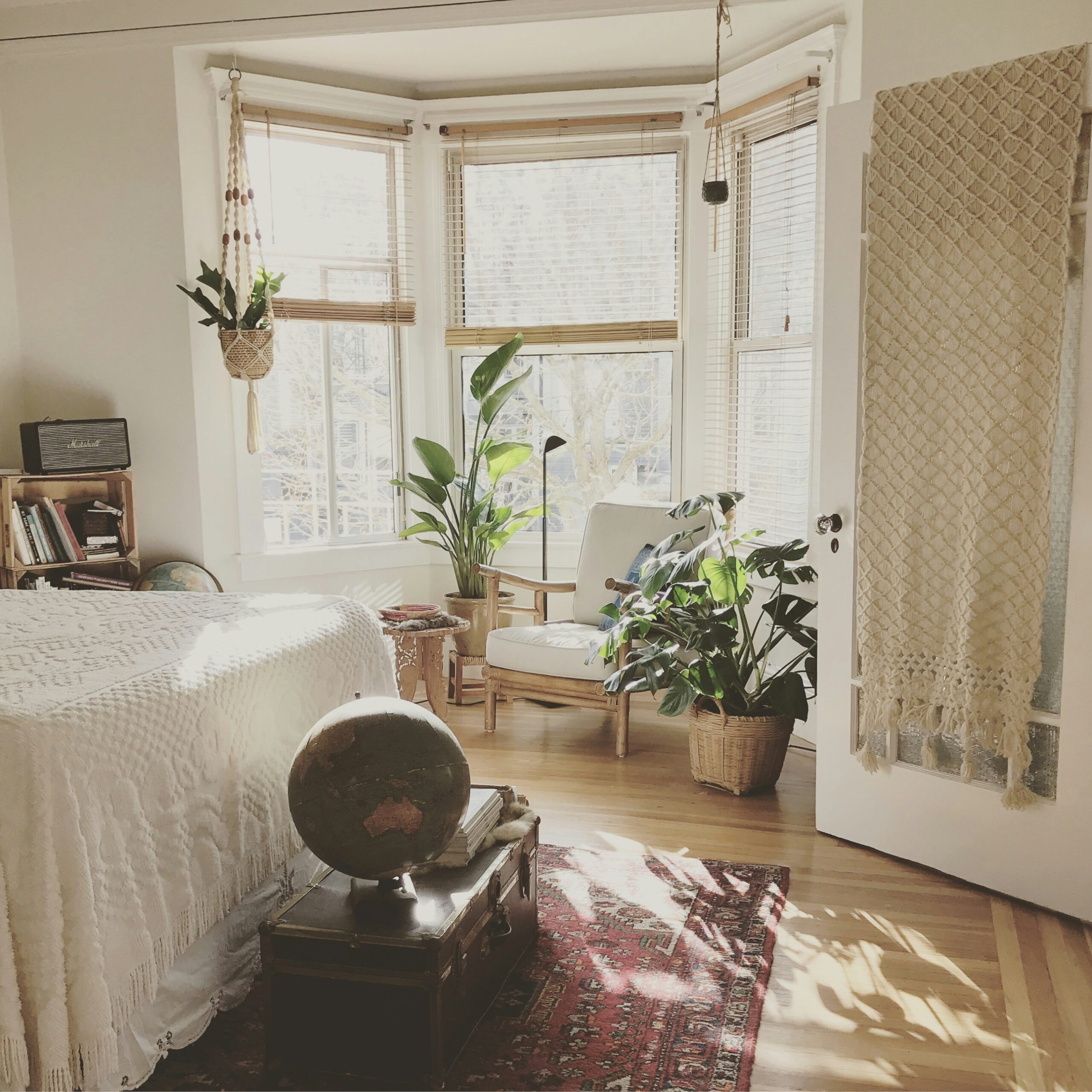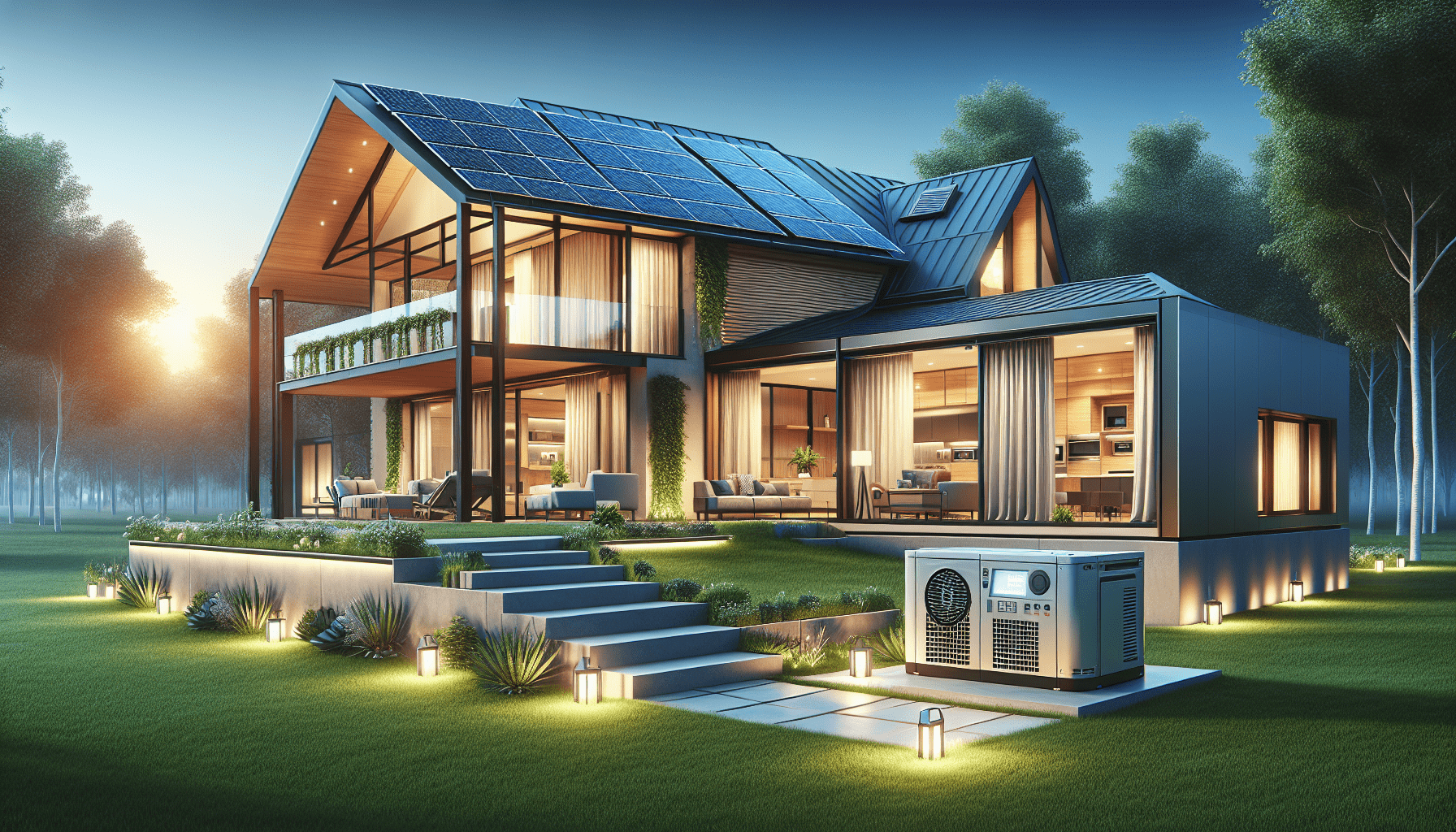Thinking about making an upgrade to your home? Adding a power backup system could be a savvy move that not only offers peace of mind during outages but also boosts your property’s resale value. In this article, we’ll explore how having a home power backup can make your home more attractive to buyers and potentially increase its market value. Plus, you’ll get some insights into different types of backup systems and what makes them appealing to prospective homeowners.
Adding a home power backup system doesn’t just offer security and convenience for you; it can also be a smart financial investment when it comes time to sell your home. Enhancing your home’s reliability with a backup power solution can make it a standout choice in a competitive real estate market, ultimately providing you with a notable return on investment. Have you ever wondered if installing a home power backup system might actually increase the resale value of your home? This is a question many homeowners ponder, especially those who live in areas prone to power outages or severe weather conditions. Besides the obvious benefits of having a reliable power source during emergencies, a home power backup system might also be a smart investment in terms of home resale value. So, can a home power backup increase the resale value of your home? Let’s dive deep into this topic to understand the potential financial benefits and other considerations.
Understanding Home Power Backup Systems
Before we get into whether a home power backup can increase your home’s resale value, it’s essential to understand what a home power backup system is.
Types of Home Power Backup Systems
There are several types of home power backup systems, each with their own advantages and disadvantages.
1. Portable Generators
Portable generators are typically the most affordable option. They can be moved around and provide temporary power during an outage. However, they usually require manual operation and refueling.
2. Standby Generators
Standby generators are permanently installed outside your home and provide automatic power during an outage. They are more expensive but can power your entire house, including major systems like heating and cooling.
3. Battery Backup Systems
Battery backup systems store electricity from the grid or renewable sources like solar panels. They can provide seamless power during an outage and are generally more environmentally friendly but can be expensive to install.
Comparison of Backup Systems
| Feature | Portable Generators | Standby Generators | Battery Backup Systems |
|---|---|---|---|
| Installation Cost | Low | High | Varies (typically high) |
| Maintenance | Moderate | Low | Low |
| Power Capacity | Limited | High | Moderate-to-High |
| Environmental Impact | Moderate | High | Low |
| Ease of Use | Low | High | High |
The Economic Perspective
Initial Investment Costs
One of the primary concerns for most homeowners is the initial investment cost.
Portable Generators
Average cost: $200 – $1,000.
Standby Generators
Average cost: $3,000 – $10,000 (including installation).
Battery Backup Systems
Average cost: $5,000 – $15,000 (including installation).
Long-Term Savings
While the initial costs can be significant, it’s crucial to consider the potential long-term savings. A power backup system can help you save money by preventing costly damages caused by power outages, like spoiled food, frozen pipes, or even system reboots for home office setups.
Resale Value Increase
Several studies and real estate experts suggest that having a home power backup system can increase your home’s resale value.
Industry Analysis
According to a study by Zillow, homes with solar power systems (often paired with battery backups) sold for an average of 4.1% more than comparable homes without solar systems. Although the data covering generators is less comprehensive, the benefits can be inferred due to the increasing interest in home power reliability.
Tax Incentives and Rebates
Don’t forget that you could be eligible for federal, state, or local tax incentives and rebates for installing an energy-efficient power backup system.
Federal Tax Credit
Residential Renewable Energy Tax Credit can cover up to 26% of the cost of solar panel systems, including the battery backup.
State Incentives
Various states offer additional incentives. For instance, California’s Self-Generation Incentive Program (SGIP) provides rebates for storage systems to the tune of $200-$400 per kWh.

The Real Estate Angle
Real estate experts often emphasize the attractiveness of homes with reliability and sustainability features.
Buyer Perspective
Homebuyers are increasingly looking for properties that offer modern conveniences and emergency preparedness.
Survey Insight
A survey conducted by Realtor.com indicated that nearly 50% of homebuyers were willing to pay a premium for homes that offered reliable backup power solutions.
Selling Your Home Faster
Homes with home power backup systems tend to sell faster because they stand out in a crowded real estate market.
Time on Market
A home with a standby generator could potentially spend fewer days on the market compared to one without. There’s an inherent appeal in knowing the home is equipped to handle unforeseen power outages.
Technical and Practical Considerations
Installation Process
Different systems entail different installation processes.
Portable Generators
Usually don’t need professional installation.
Standby Generators
Requires professional installation, including electrical and possibly plumbing work.
Battery Backup Systems
Often involve installing both storage and potentially renewable energy sources like solar panels.
Maintenance
Portable Generators
These generally require regular manual maintenance like refueling and oil checks.
Standby Generators
These systems usually need annual maintenance checks but are otherwise low-maintenance.
Battery Backup Systems
Typically involve software updates and occasional battery health checks.
Insurance
Informing your home insurance provider about your backup system installation can sometimes lower your premiums. It’s always a good idea to check to see if you qualify for any discounts.

Environmental and Social Impact
Reduced Carbon Footprint
Battery backup systems, especially those integrated with solar panels, significantly reduce your household’s carbon footprint.
Community Resilience
Installing a backup power system can make your home a haven during regional power outages, allowing you to help neighbors and family.
Case Study
During the Texas power crisis in 2021, homes with standby generators or solar battery backup systems were able to maintain essential power, helping neighbors and reducing strain on public services.
Special Considerations
Local Power Grid Reliability
If you live in an area with a particularly unreliable power grid, the investment in a backup system can offer peace of mind that outweighs monetary concerns.
Extreme Weather Conditions
Homes in hurricane, wildfire, or winter storm-prone areas benefit immensely from backup power systems. These systems can safeguard your home from the elements when the power goes out.

Future Trends
Smart Home Integration
The future of home power backup systems is rapidly evolving. More smart home systems can integrate seamlessly with backup power solutions, offering automated energy management.
Renewable Energy Storage
Advances in renewable energy storage technology are making it more feasible and cost-effective to pair solar power with battery backup systems.
Conclusion
So, can a home power backup increase the resale value of your home? The answer leans towards yes, but it’s more nuanced than a simple yes or no. A backup power system can undoubtedly provide numerous benefits, from increased home value and faster selling times to peace of mind and lower long-term costs. However, these pros come with their own set of considerations, including initial investment and maintenance.
Ultimately, whether or not to install a home power backup system depends on your specific circumstances, such as your local power grid reliability, how often you experience outages, and your financial situation. But one thing is clear: having a backup system is fast becoming a significant selling point for modern homes. So, if you’re on the fence, now might just be the right time to make that investment.
If you’re considering installing a home power backup system and want more personalized advice, consulting with a local real estate agent or a professional installer can provide you with valuable insights tailored to your specific situation.
I provided a comprehensive yet friendly guide on whether home power backup systems can increase your home’s resale value, including different types of systems, costs, benefits, maintenance, and environmental impact to help you make an informed decision. Let me know if you need additional information on specific brands or installation processes.


